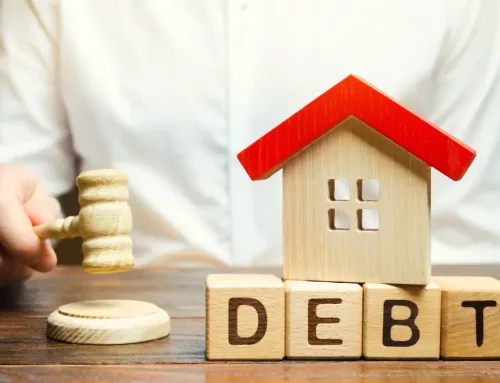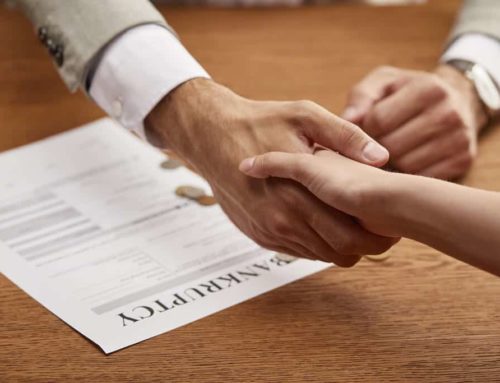If you’re suffering from financial distress, you can find relief from the automatic stay offered as bankruptcy protection to debtors who filed for bankruptcy. While declaring bankruptcy is usually the last resort, it may just be the ticket to get you out of debt.
It’s best to consult a bankruptcy lawyer for guidance on how to file correctly. There are different types of bankruptcy presented in the bankruptcy code, so it’s important to know under which bankruptcy chapter to file your bankruptcy petition. Most likely, you’ll have to choose between Chapter 7 and Chapter 13 for personal bankruptcy. It’s a choice between liquidation and debt reorganization.
 Filing bankruptcy under Chapter 7 is a quicker debt settlement solution, but many filers choose to go with Chapter 13 because of its super discharge and its provision for allowing the bankrupt debtor to keep his or her assets.
Filing bankruptcy under Chapter 7 is a quicker debt settlement solution, but many filers choose to go with Chapter 13 because of its super discharge and its provision for allowing the bankrupt debtor to keep his or her assets.
Bankruptcy filings under Chapter 13 involve the creation and proposal of a debt repayment plan to be approved by the bankruptcy court. When your creditor or the trustee of your bankruptcy case objects, the bankruptcy judge has to address the dispute in a confirmation hearing.
In a bankruptcy, it’s possible for one or more of your creditors to find the proposed actions to be objectionable. The usual points of contention are the payment plan, the claimed expenses or bankruptcy exemptions, and the decision to discharge certain debts. A creditor may also be opposed to the decision of the trustee to not liquidate a certain asset to help pay your debts.
When a trustee objects, it usually means that your plan to pay back debts is inadequate under bankruptcy laws or that your monthly income isn’t enough to carry out your monthly payments.
There are bankruptcies that don’t raise objections, in which case, the judges simply review the filers’ submitted confirmation orders. In other undisputed bankruptcy cases, judges may still conduct a hearing in order to discuss the payment plan with the debtors.
Discharge Objections
- General objection – If a creditor or the trustee generally objects to a bankruptcy discharge, he or she must file an adversary proceeding within 60 days of the scheduled date of the first meeting of creditors. This is quite rare and must be supported by evidence of the debtor’s egregious wrongful conduct such as criminal or quasi-criminal actions.
- Specific objection – More commonly, a creditor may object to a certain debt’s discharge. The objection may stem from serious causes such as intentional wrongdoing and grave misconduct or something less serious such as negligence in omitting the debt in the bankruptcy documents. In this case, the said debt simply won’t be included in the list of dischargeable debts once debt payments have been completed and the bankruptcy process is over.
Confirmation Hearing
The different parties get to defend their position in the confirmation hearing. Bankruptcy lawyers may represent their clients in this proceeding, so if you have one, you may not have to attend. Nonetheless, some judges do insist on attendance for them to be able to directly question the filers. Your judge may even call for a hearing even if there are no objections if he or she has concerns about your ability to carry out your proposed plan and make payments every month.
The first hearing usually does not produce a final determination from judges. Many of them prefer to have different sides to resolve the dispute on their own. When the opposing parties fail to accomplish this, the judge then makes their decision based on the evidence presented.
Is Filing Bankruptcy the Answer to Your Financial Problems? Consult a West Virginia Bankruptcy Attorney Today!
You best be guided by the legal advice of a bankruptcy lawyer if you intend to file for bankruptcy. Filing for bankruptcy can be a complicated and tedious process, starting from the time before filing as you accomplish bankruptcy forms and gather relevant documents, through the main bankruptcy proceedings. Bankruptcy attorneys often extend their legal assistance even after bankruptcy. If you need legal help to declare bankruptcy or with any issue involving bankruptcy law, call us at Thomas E. McIntire and Associates, L.C. and speak with one of our experienced West Virginia bankruptcy lawyers.





